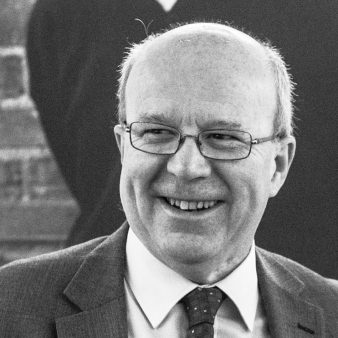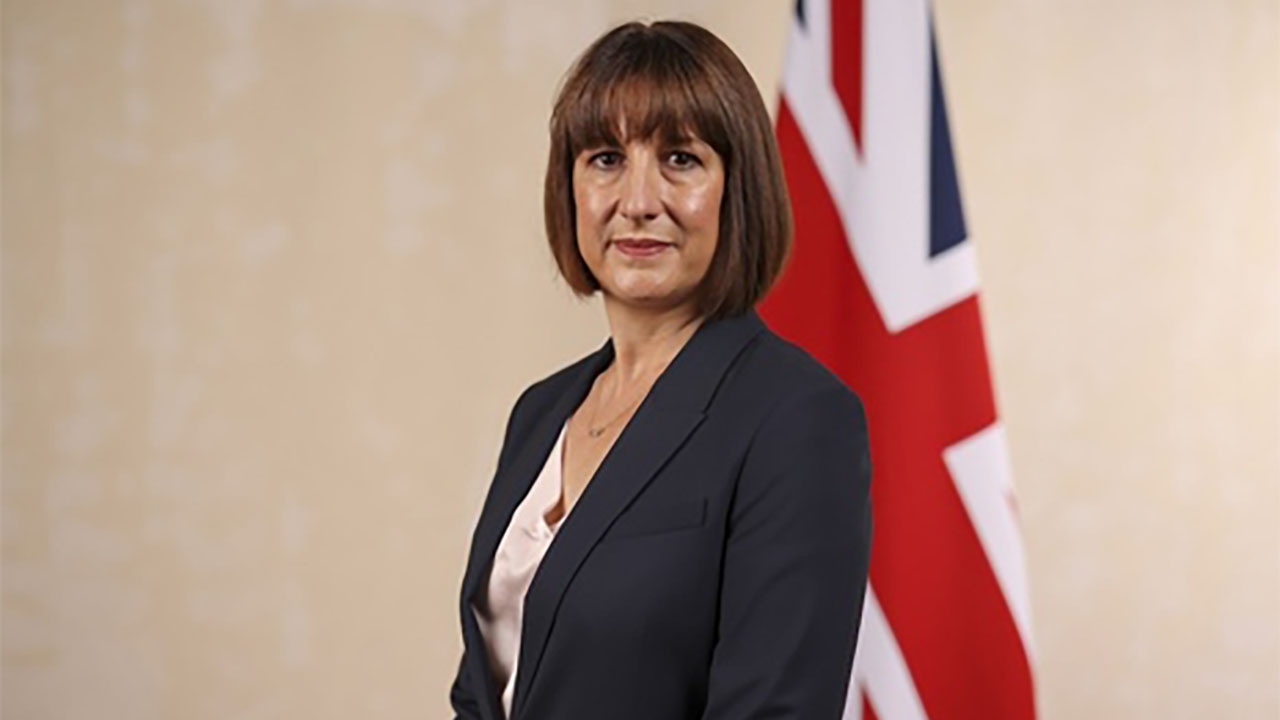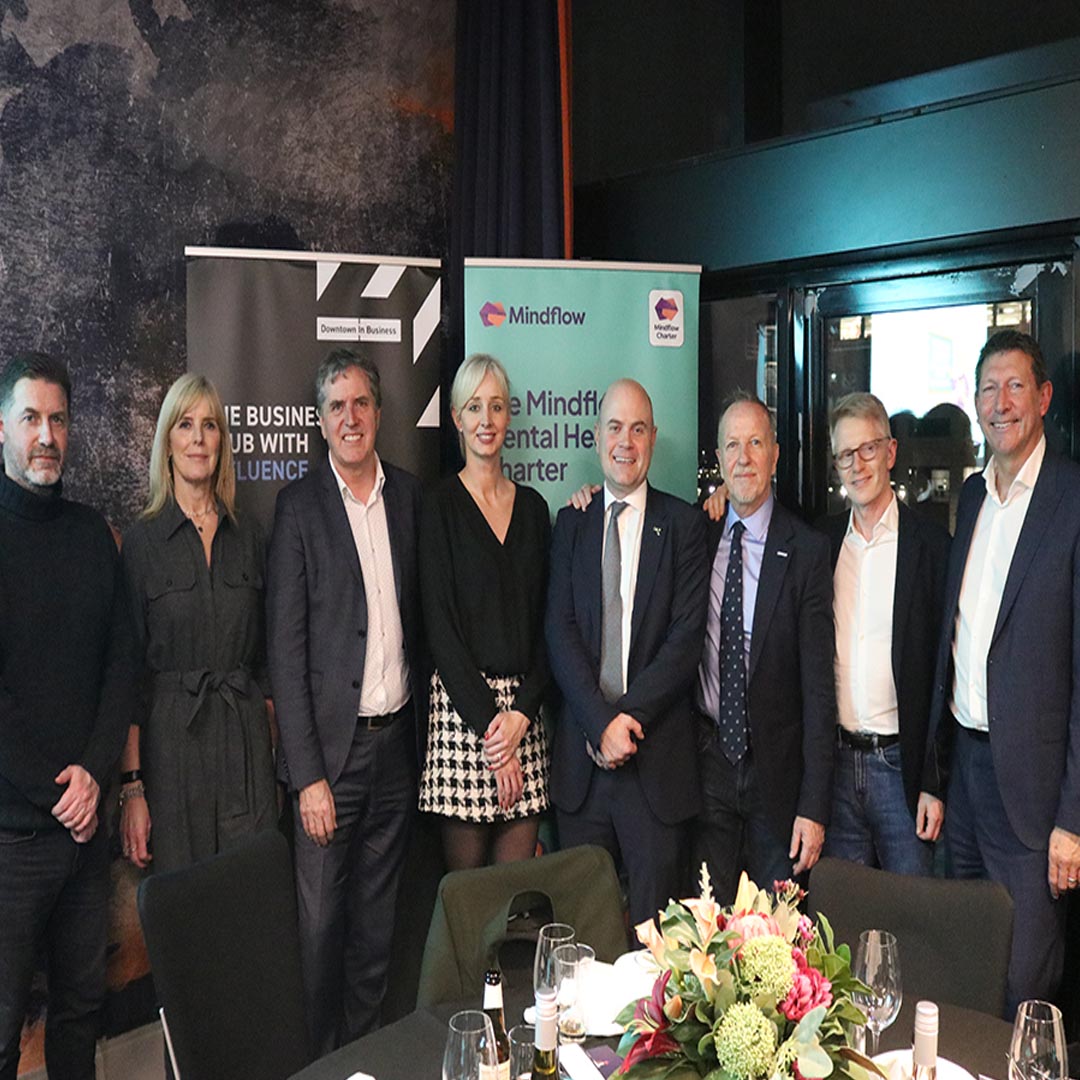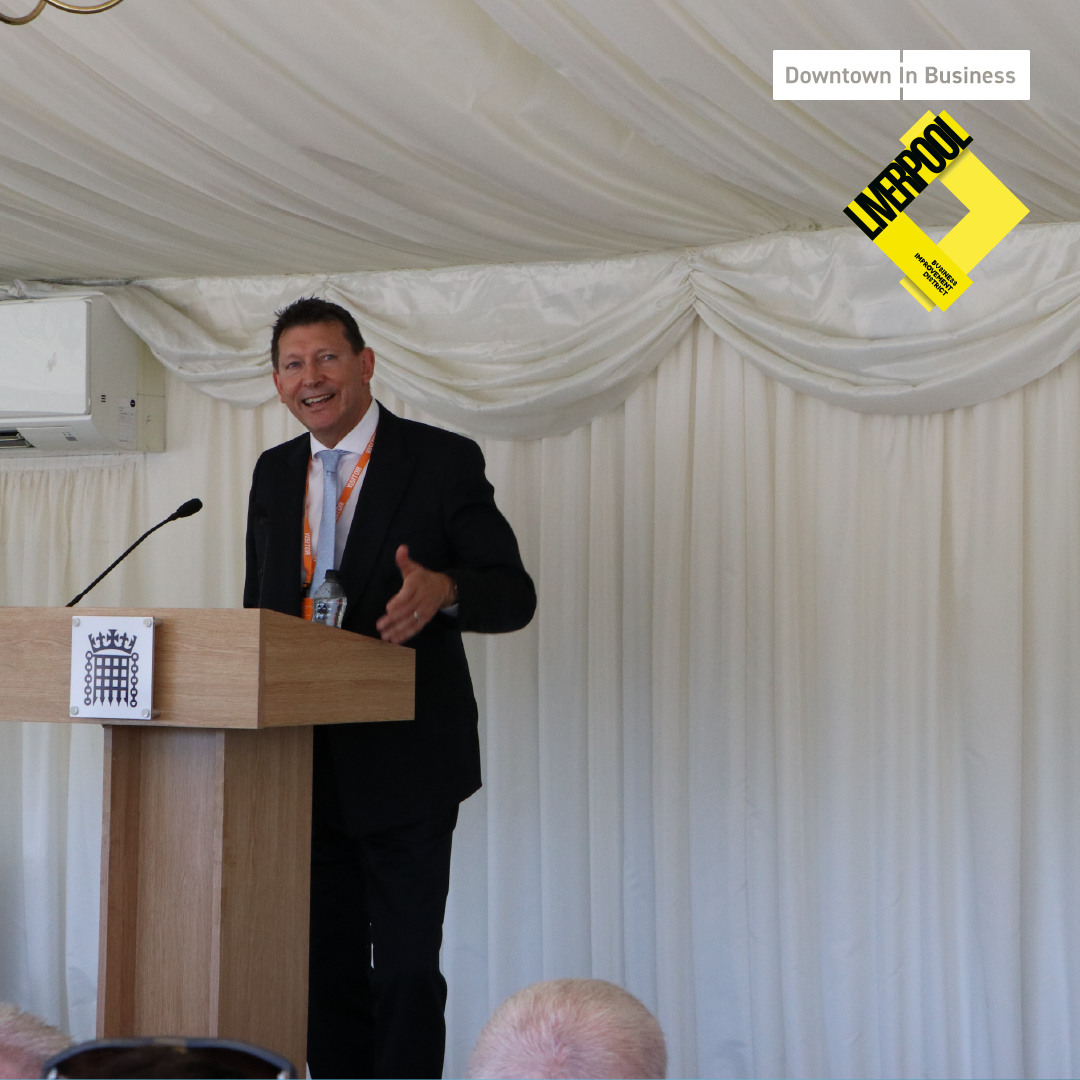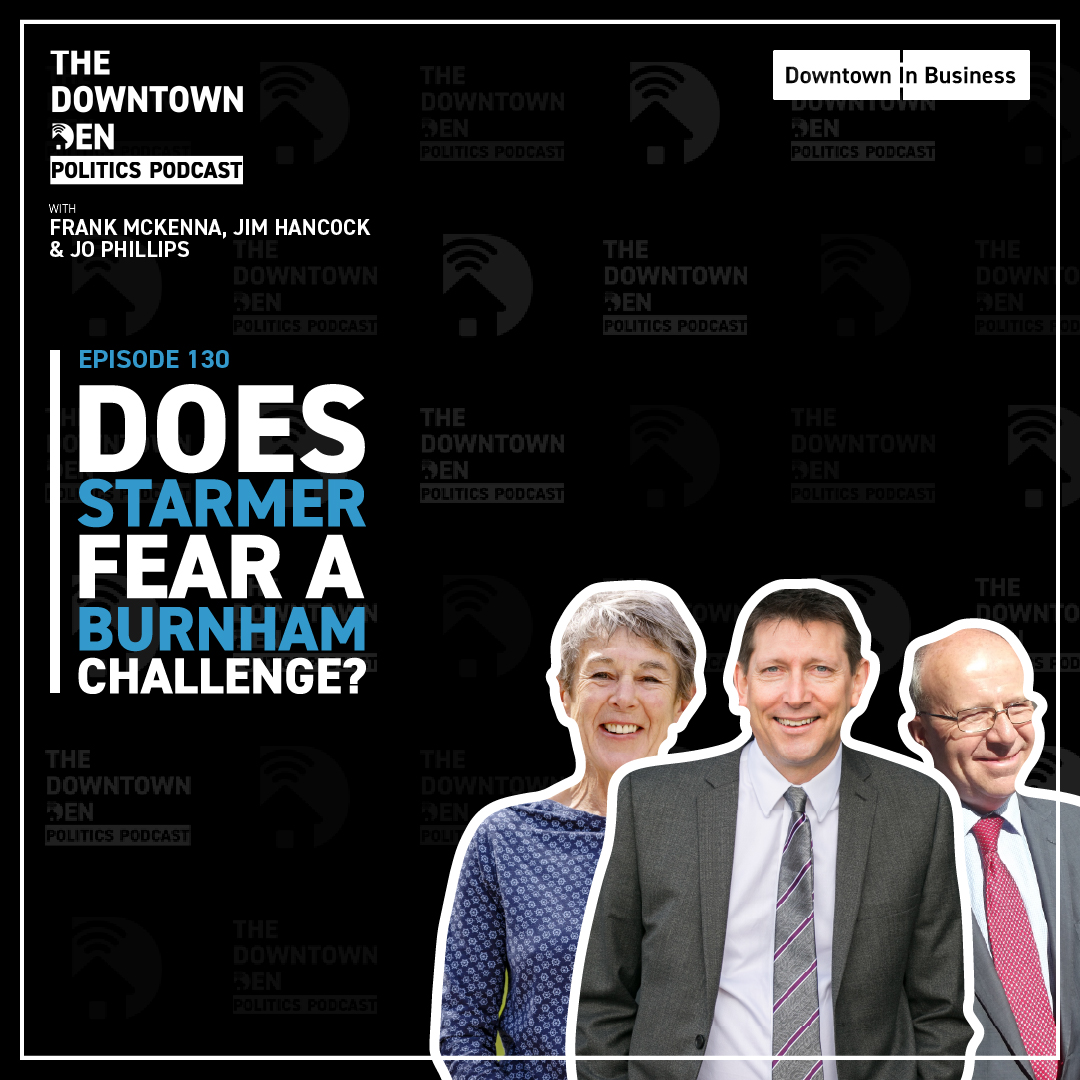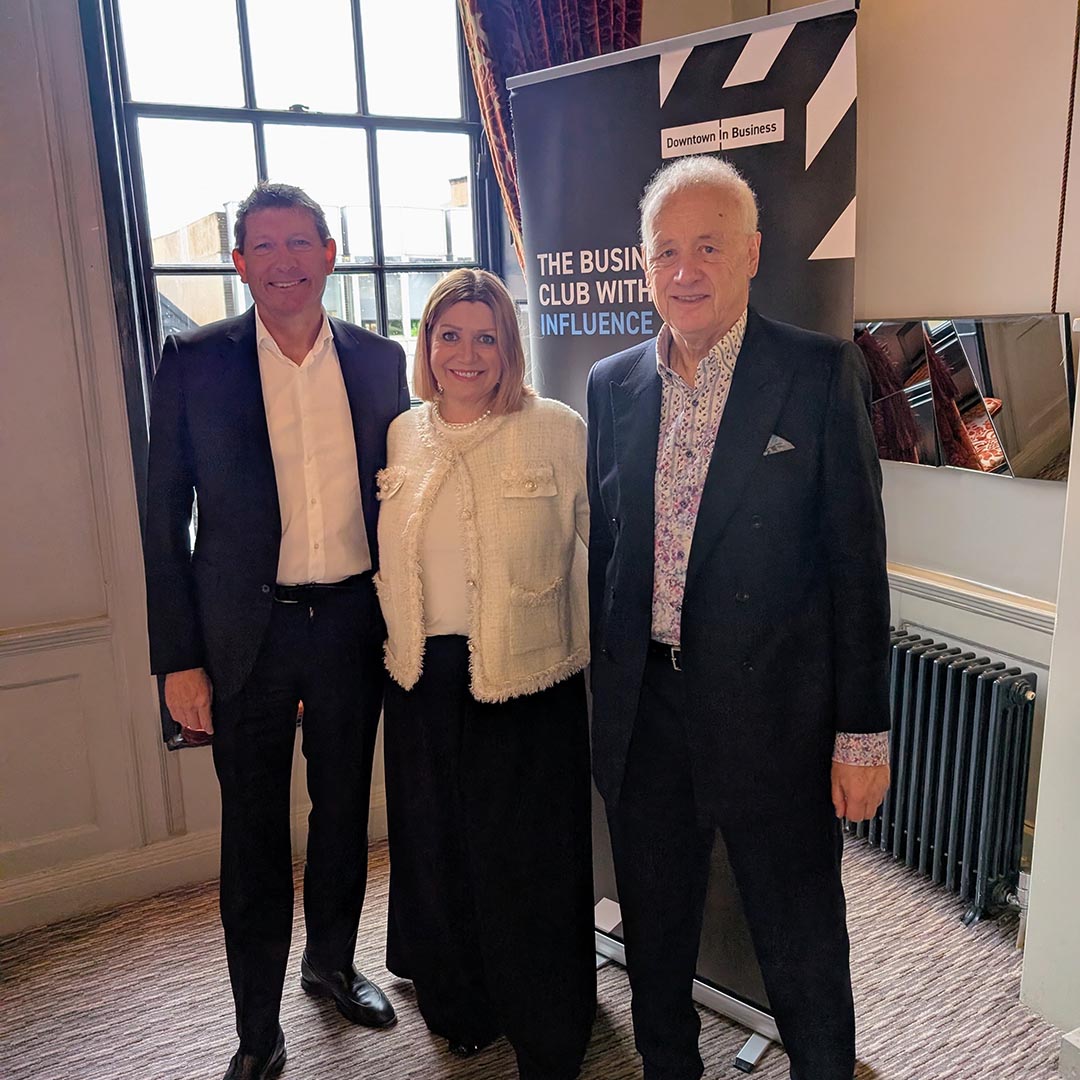Whilst support for Scottish independence remains high, the events of the last two years make the chances of it happening, remote.
The previous leader Nicola Sturgeon ran out of constitutional road in her efforts to force a second vote on the issue, even though her cause had merit after her country had been removed from the EU against its will.
Sturgeon kept an iron grip on her party, but it is all unravelling now. Criminal investigations, rows with the Greens and a clear split between social radicals and traditionalists will give the new leader John Swinney plenty to be getting on with before he can credibly take up the constitutional cudgels again.
He will be hoping for a less turbulent period in office than when he was leader at the turn of the century.
Labour looks to be the beneficiary of the SNP’s misfortunes, but in office they will have to look to further devolution to keep independence demands at bay.
And what of the Greens? This is the first time they have shared government at such a high level anywhere in the UK. They have shown an ability to pursue issues other than climate change with equal vigour. Indeed, they were branded “fanatics” by SNP members who never favoured the two party deal. The way they handled the trans rights row, illustrates that when you vote green, you’ll get a radical social programme too.
MANCHESTER REGENERATION
The third postponement of the opening of the Co-op Live Arena has damaged Manchester’s image as a place where infrastructure gets delivered efficiently.
Let’s hope it is an uncharacteristic blip because there is still much to do in a city where the growing number of skyscrapers masks continuing poverty and deprivation nearby.
Holt Town is a good example. Located between the Etihad Stadium (and Co-op Live) and the city centre, it is still a jumble of poor housing and low grade industrial activity.
Last week Downtown heard from Shelagh McNerney, Head of Regeneration for the Eastern Gateway on Manchester City Council.
Talks on regeneration can be a bit dry but Shelagh captivated the Downtown breakfast as she explained how her small team were planning £30m of investment into Holt Town’s six streets. Her career has seen her move from the public sector to the private sector and back again. As a consequence, she was an enthusiast for the Manchester way of doing things down the years. This involved full cooperation with private developers and spending allocated money quickly.
McNerney said Manchester’s success had tempted other areas to try and copy the model. She said this was not possible. Each town or city had to identify a team of politicians and business people who really cared about their area.
She spoke of the headwinds in further development in Manchester. There was greater scrutiny and building costs in the city were high.
She reminded us of a time, not that long ago, when the population of the city centre was four hundred. It has grown fast in recent years, but she acknowledged that many Mancunians felt left behind. McNerney said there was a target of 100,000 affordable homes under the new leadership of Manchester Council leader Bev Craig and her belief in inclusive growth.
I asked her about Labour leader Starmer’s pledge to be a builder not a blocker when it came to planning law reform. McNerney, said she was having to deal with ever more complexity in getting development over the line, so it wouldn’t be easy to achieve.

